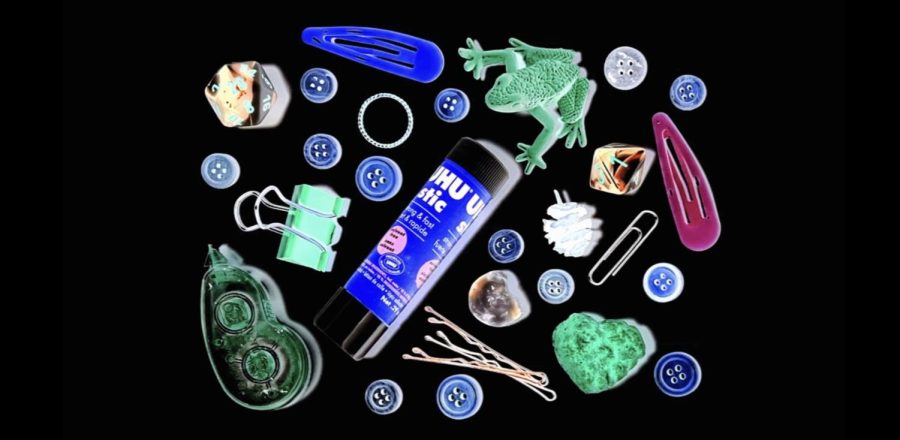What separates a man from beast?
To quote Mark Twain, “The fact that man knows right from wrong proves his intellectual superiority to the other creatures; but the fact that he can do wrong proves his moral inferiority to any creatures that cannot.” Perhaps this unique ability to choose wrong is what makes us all human.
Since childhood I have been bombarded with shocking content related to the environment. The implications of plastic and fossil fuel on the environment were (and still are) the staple of the curriculum for my classes, no matter subject or year. I’ve stumbled upon more media of the like; A YouTube video exposing the child labor behind mica powder, an opalesque natural dust found in everything from bath bombs to craft paint. A famous documentary about the dark secrets of the fishing industry, how consuming tuna might contribute to dolphin killings. Most recently, a TikTok video where a climate activist explains that vegan leather, marketed as ethical and cruelty-free, is just a fine hunk of shiny plastic.
For the final major paper of first semester English, students were instructed to think of a morally challenging question, research it, and then to act on it. We were given a list of questions, from the compulsory veganism question to the moral necessity of gratitude. Or, we could choose our own.
Is it ethical to do anything? The question had seeded deep inside my mind, taking shape and growing stronger with each new encounter of exposing media. And so it was, my English project. To start, I categorized the objects around me by material and, if applicable, manufacturer, company, place of origin, and vendor.
Paint markers – plastic, acrylic (liquid plastic) – Uni – Hawaiian Graphics.
Drywall – wood, cement.
Desk lamp – metal, wood, plastic – OttLite – Costco.
Then I picked apart anything immoral I could have supported.
The sterling silver ring I made myself? Likely collected through mining methods which clear forests and destabilize soil. Refined using harsh chemicals which drastically affect the pH of the environment it was disposed of. Blanket? Made of down feather, likely harvested through live-plucking, which inflicts pain on the victim animal. Bound in cotton, possibly the largest user of water in agriculture, degrades soil quality, contaminates the environment with pesticides and fertilizers. And not to speak of the food industry – exceptionally cruel treatment of livestock, exploitation of the poor – rotten to the core, from farm to table.
At the early stages of the project, I attempted to catalog my every action instead of every possession. I quickly found that everything I listed used some kind of object. My list also taught me that, aside from the occasional baked goods and some art projects from school, I produce none of what I use. Even then, the sugar and butter and clay and tools I used are bought. Everything I do is tied to consumption. Every item, in the end, comes from plants, animals, earth, and/ or oil. Every single action is disturbing behind their dazzling curtains. And so it is that I have no freedom to live completely ethically. Or, I could try – and go insane, over-analyzing the moral implications of every little step I take.
I have this great, irrational fear: one day, I will become some sort of a scientist, and I will directly or indirectly contribute to the creation of the next weapon of mass destruction, the next DDT, the next lobotomy. Something big and bad. I will have hurt thousands or more, and I wouldn’t be able to halt or even delay it. But in conversation, one of the deans said that to talk about this terrible possibility alone may have its great, ethical impact.
Whether my actions are moral or not comes down to freedom of choice. In my society, where immovable company giants prevail, where I must consume, where each industry has found some way to unnecessarily amass resources and destroy the environment or exploit sentient life for profit, I have no choice but to be unethical. I have no humanly quality of choice between right and wrong. Then am I no different than a beast?
No, certainly not. Because I can, and I am, questioning this rigged model. No beast can do that. It is a futile attempt to lead a perfectly ethical life, but no matter. Stay conscious, spread the word, and it will make every choice a little closer to the impossible good.
So I ask you, reader.
What do you have on you at this very moment?
Who made this item? Which company? In what country?
Where did you purchase this item?
What is it made of? Animals? Plants? Refined earth or metal? Plastic?
Is the pavement you walk on, the water you drink, the roof above your head, ethical?

